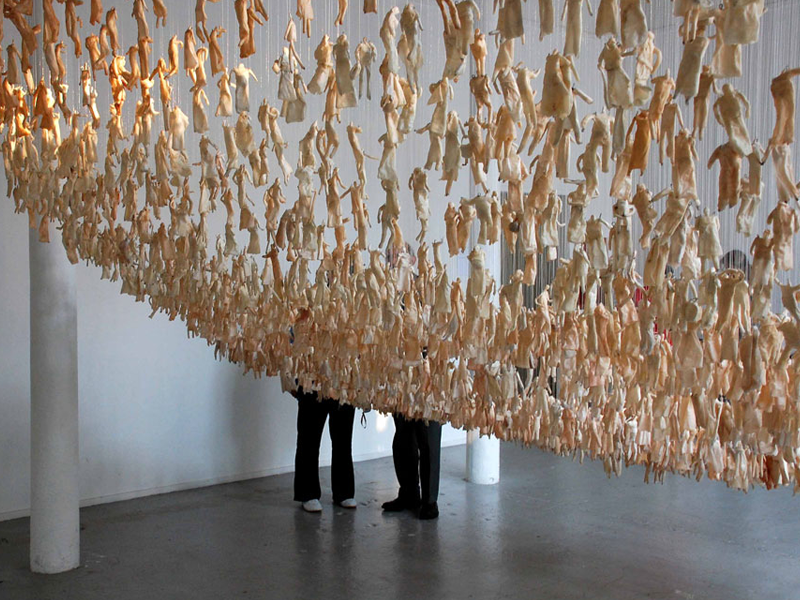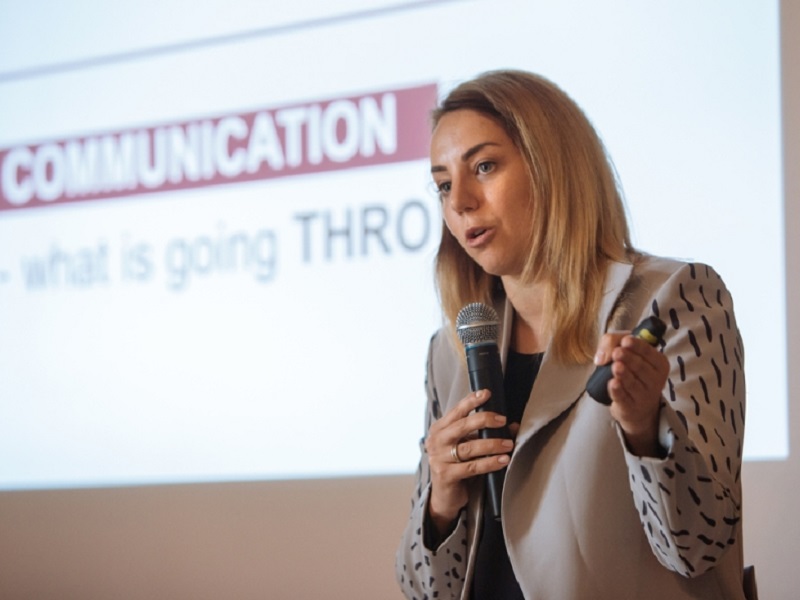
Attitudes to Culture are changing in the Eastern Partnership
“The idea of cultural and creative industries as an economic driver for growth is new for the Eastern Partnership countries,” says Tim Williams, leader of the Culture and Creativity Programme. “When the programme started culture was viewed as a subsidised sector. But that perception is beginning to change.”
The Ministry of Culture of Ukraine has established a Department of Creative Industries, and Ukraine’s third largest political party has added creative industries development to its manifesto. Azerbaijan is considering a national film commission. The Prime Minister of Georgia has identified creative industries as one of the key sectors to develop the economy. In Moldova the Programme’s trainees were founders of the Creative Industries Association, which will run Moldova’s first Creative Hub and the first creative hub was opened in the Belarusian town of Svietlahorsk. The Armenian government is introducing business practices into bookshops, state theatre, libraries and the film industry. This work has been supported by the Culture and Creativity Programme.
“Culture is a source of economic growth and new jobs. Politicians should not regard the cultural sector as entertainment,” says Ragnar Siil, the Programme expert in the development of the creative and cultural industries. According to research funded by the Programme, the creative industries generate about 4,04% of Ukraine’s GDP and create 3,17% of jobs, for example, in Georgia: 2.8% of GDP, 5,1% of employment and in Armenia: 3,3% of GDP, 4,86% of employment.
The Programme has developed 14 online courses on creative entrepreneurship, with 5,000 graduates so far. These courses are being used as teaching materials in the universities of Armenia and Azerbaijan. The Programme has organised 262 events, which engaged over 36,000 participants. The activities of the Programme included workshops for young people to create start-ups, TeamLab, a hackathon for people with special needs, and study visits to EU countries.
Half of the region has joined Creative Europe. Ten Georgian cultural organisations have received around €300,000 through this programme in the last two years. Armenia and Azerbaijan are close to joining.
“We established a best practice methodology for raising the level of communications, visibility and social media presence of the Programme focusing on useful and practical content, special projects with media and translation of publications to national languages. As a result we achieved 780,000 readers of case studies, 4 ml people outreach through media, 300 decision makers directly outreached through advocacy campaigns,” explains Anastasiya Nurzhynska, Programme Communications specialist.
The EU-EaP Culture and Creativity Programme work in Armenia, Azerbaijan, Belarus, Georgia, Moldova and Ukraine from February 2015-in January 2018. The Programme was run on behalf of the EU by a consortium led by the British Council together with the Soros Foundation Moldova, The Polish National Centre for Culture and the Goethe Institut.




